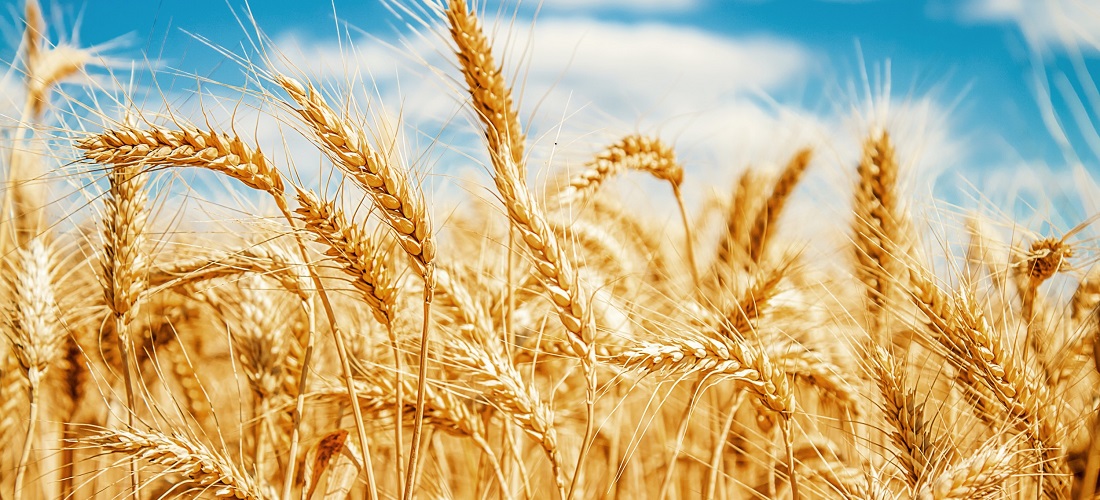
Brazilian mills limit wheat imports as inflation dents domestic demand
Sep, 06, 2022 Posted by Gabriel MalheirosWeek 202236
Mills have limited wheat imports in Brazil due to rising prices and the impact of domestic inflation on consumption, which affected demand for pasta, cookies, and bread, assessed industry representatives and analysts. According to government data, wheat imports through July reached the lowest levels since 2017, totaling about 3.7 million tonnes.
See below the track record of exports and imports of wheat (HS 1001) from Brazil in terms of volume from January 2021 to July 2022. The data is from DataLiner.
Exports and Imports of Wheat | Jan 2021 – Jul 2022 | WTMT
Source: DataLiner (click here to request a demo)
In August, the downward trend continued, as imports fell 9.7% compared to the same month last year, to 536,600 tonnes, despite the period marking the peak of the inter-harvest period, when the new wheat crop is not yet available to local millers.
The average price of the imported tonne shot up to $441 last month from $276.3 in August of last year, according to trade data.
Global wheat prices were impacted by the war in Ukraine and the effects of the pandemic, Rubens Barbosa, executive president of flour millers association Abitrigo, said.
“And it (the rise in prices) will continue because the war is likely to continue with prices remaining high, even if with more oscillations because the product from Ukraine is being shipped,” Barbosa added.
Brazilian wheat production could reach a new record of almost 10 million tonnes in 2022 after a historical high of 7.6 million tonnes in 2021, Barbosa said.
However, the country should end the year with about 3 million tonnes exported and domestic demand of 12 million, meaning it will continue to be a net importer for some time.
Imported wheat is currently cheaper than domestic wheat, said Luiz Pacheco, an analyst at Trigo & Farinhas consultancy. But with domestic consumption weaker, mills are not importing. Instead, they are reducing processing until the new crop is ready.
“The consumer is switching from egg pasta, which costs more, to instant pasta, which costs less,” Pacheco said. Consumers are also buying smaller packages and changing brands. “This shows the reduced demand for flour by-products because of inflation.”
Price on the shelf
The increase in prices of items such as pasta, cookies, bread, and industrialized cakes stems from pass-through of production costs, driven by the prices of flour, wheat, fuel, etc. “The cost pass-through is necessary for the industry to survive, taking into account the increases in inputs such as wheat flour,” said the executive president of the Abimapi sector association, Claudio Zanão.
He calculates that consumption has declined by up to 2% year-to-date compared to the same period in 2021 due to inflation. Furthermore, the most recent balance statement of M. Dias Branco, the most prominent firm in the Brazilian biscuit and pasta industry, corresponding to the second quarter, indicated a 7% reduction in sales volumes for the period, driven by an increase in average product pricing, which jumped 36% year on year.
A reduction in the size of packages carried out across the chain also contributed to M. Dias’s volume loss in the quarter. According to Jonathan Staudt, an analyst at StoneX consultancy, passing on pricing from flour to finished product is more complicated than passing on price rises from wheat to flour.
“I believe that the market has sought to adapt, but in general, we have seen that flour inflation has risen significantly, but for final products, this has not occurred to the same extent,” he said.
Source: Globo Rural
To read the full original article, please go to: https://globorural.globo.com/Noticias/Agricultura/Trigo/noticia/2022/09/inflacao-afeta-consumo-de-massas-e-biscoitos-e-limitam-importacao-de-trigo-do-brasil.html
-
Trade Regulations
Aug, 19, 2022
0
Brazilian agribusiness celebrates “biggest era of market openness in the last 10 years” with China
-
Trade Regulations
Apr, 03, 2025
0
Trump’s Tariff Hike Is Not Bad, but Brazil Faces Risks Regarding China, Analysts Say
-
Shipping
Jun, 05, 2023
0
Climate change represents risks for the future of Panama Canal
-
Ports and Terminals
Sep, 04, 2020
0
Cáceres Fluvial Port renovated and ready to operate



